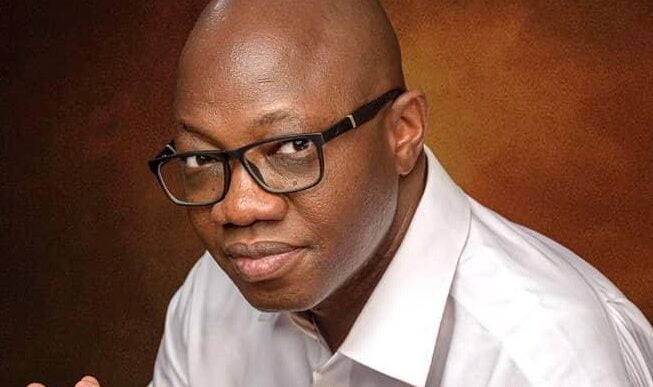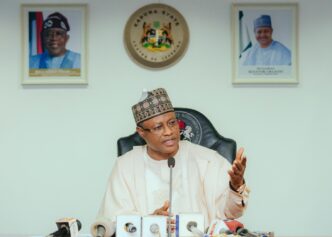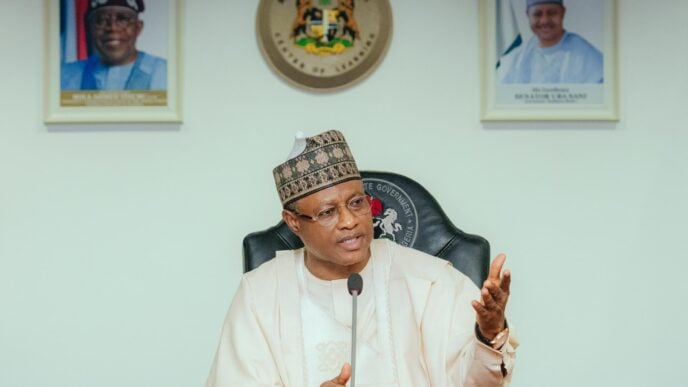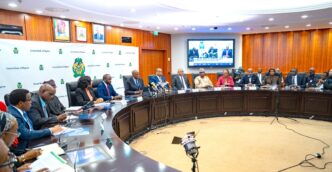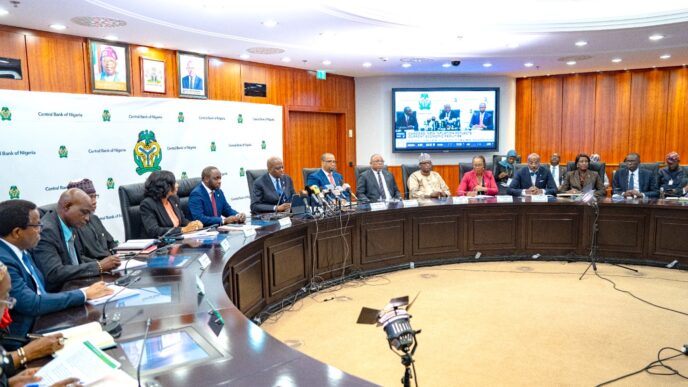BY WILAN GLOBAL
Education is a human right, a powerful driver of development, and a proven strategy to reduce poverty, improve health, gender equality, peace, and stability. It delivers consistent returns in terms of income and is the most important factor to ensure equity and inclusion. For individuals, education promotes employment, earnings, health, and poverty reduction. For societies, it drives long-term economic growth, spurs innovation, strengthens institutions, and fosters social cohesion.
In his book, Education for Social Reconstruction, Ukeje (1966) emphasised that “education is for life and living. It is an investment in people which pays untold dividends to society. When that investment is not made or is made inadequately, society suffers a loss”. Presumably, it is in recognition of the importance of education that Section 18 of the 1999 Constitution of the Federal Republic of Nigeria addresses the subject as follows.
(1) Government shall direct its policy towards ensuring that there are equal and adequate educational opportunities at all levels.
Advertisement
(2) Government shall promote science and technology.
(3) Government shall strive to eradicate illiteracy, and to this end, Government shall as and when practicable provide:
(a) free, compulsory and universal primary education
Advertisement
(b) free secondary education
(c) free university education, and
(d) free adult literacy programs (FRN, 1999:18).
In line with this constitutional provision, the National Policy on Education was formulated and adopted in 1977 and has remained in effect, with the most recent revision in 2013. Though modelled after the American system, critics argue that it fails to address present-day realities and is not suitable across the diverse cultures in Nigeria. Some advocate that Nigeria should adopt the education models of Asian countries like Japan, China, and India, which integrate cultural considerations into their frameworks. From the precolonial British education policy to the introduction of Universal Primary Education (UPE) and later Universal Basic Education (UBE), the gap between intended objectives and actual outcomes continues to widen.
Advertisement

Education in Nigeria: State of play
Nigeria is facing a learning poverty crisis that threatens its future. Many children who are in school are not learning, and millions who are out of school lack access to quality education. According to UNESCO, Nigeria has about 20 million out-of-school children, with girls making up approximately 60% of this number (UNESCO, GEM Report, 2022). Despite policies that aim to provide free basic education, systemic failures, inadequate resources, and weak implementation continue to hinder progress.
The challenges are multi-faceted, ranging from poor coordination between the state and federal governments, lack of gender-responsive policies, insecurity, economic instability, and environmental factors such as climate change and flooding. These issues are further compounded by insufficient funding. While the 2030 Incheon Declaration, adopted in 2015 by governments around the world during the World Education Forum, recommends at least 4 to 6% of GDP or 15 to 20% of the national budget for education, Nigeria consistently falls short of this benchmark.
Advertisement
This policy brief seeks to explore the state of education in Nigeria, diagnose key challenges, and propose actionable solutions to ensure that education truly serves as a vehicle for national transformation.
Challenges in Nigeria’s education system
Advertisement
- Learning crisis and access to education
Despite efforts to expand access, foundational learning remains weak. According to the 2023 UNICEF Nigeria Education Fact Sheets, 70% of children in school cannot read at an age-appropriate level. The Universal Basic Education (UBE) program, introduced in 1999, was meant to guarantee free education for all children, but poor implementation, lack of infrastructure, and inadequate funding have limited its impact.
- Poor educational leadership
The 2024/5 Global Education Monitoring report (GEM Report) concluded that Leadership is at the heart of quality education. There is increasing recognition that educational leadership is the second most significant factor influencing learning outcomes. Effective leadership at various levels plays a crucial role, from school administrators to education inspectors, government officials, and policymakers involved in legislation and oversight.
Advertisement
- Poor policy implementation and governance
Education policies in Nigeria often look promising on paper but fail at the implementation stage. A major reason is the lack of coordination between federal, state, and local governments, leading to inconsistencies in execution. Additionally, corruption has stagnated educational development, with funds for schools often mismanaged or diverted. According to Transparency International, corruption within the education sector remains a major barrier to progress, with funds allocated to school projects frequently going unaccounted for.
- Gender disparities and socio-cultural barriers
Girls are disproportionately affected by educational challenges in Nigeria. According to a UNICEF 2021 report on investment case for out-of-school children in Nigeria, 50% of girls are not attending school at the basic education level, largely due to poverty, early marriage, and social norms that prioritise boys’ education over girls. In many communities, girls are expected to take on caregiving roles or are married off at a young age, limiting their chances of completing school. Issues such as lack of female teachers, gender-based violence, and inadequate sanitary facilities in schools further discourage girls from continuing their education.
Advertisement
- Insecurity and conflict
Violence and insecurity have become significant deterrents to education in Nigeria. Frequent attacks on schools by insurgent groups, particularly in the northern region, have led to widespread fear and school closures. Parents are often reluctant to send their children, especially girls, to school due to safety concerns. The Global Coalition to Protect Education from Attack (GCPEA) reports that between 2020 and 2023, over 1,400 students and teachers were abducted in Nigeria, highlighting the urgent need for policies that address security concerns in education.
- Outdated curriculum and poor teaching methods
Nigeria’s education system still relies heavily on rote learning, rather than encouraging critical thinking and problem-solving skills. The curriculum is outdated and not aligned with modern economic and technological needs. Educational leadership is a crucial factor in improving learning outcomes. However, Nigeria faces a shortage of well-trained teachers, and many schools lack the necessary instructional materials to support effective learning.
Policy recommendations:
Some suggested policy recommendations include.
- Increase education funding: Nigeria must prioritise education funding by allocating at least 4 to 6% of GDP or 15 to 20% of the national budget to education, in line with global recommendations.
- Expand universal basic education: Senior secondary school should be included under the Universal Basic Education Commission (UBEC) to ensure free education lasts until after Secondary School.
- Strengthen policy implementation and governance: Greater transparency, accountability, and coordination between government agencies at all levels are needed to ensure policies are effectively executed.
- Promote gender-responsive policies: Special initiatives should be introduced to support girls’ education, including scholarship programs, mentorship, and community-based interventions to tackle socio-cultural barriers.
- Enhance security in schools: The government must invest in security infrastructure, including fencing, surveillance, and safe transport services for students in high-risk areas.
- Revamp the curriculum: Nigeria needs to transition towards a competency-based curriculum that emphasises digital literacy, problem-solving, and creativity.
- Improve teacher training and welfare: Regular professional development and better remuneration will help attract and retain qualified teachers.
Call to action
The future of Nigeria depends on the strength of its education system. It is time for all stakeholders, government agencies, private sector players, civil society organisations, and community leaders to take collective action to reform education. Parents must demand better education for their children, policymakers must ensure the proper execution of policies, and the international community must support initiatives that enhance learning opportunities for all.
Education is not just a policy issue; it is a fundamental human right and a critical investment in the nation’s future. If Nigeria is to achieve sustainable development, urgent and strategic reforms in education are non-negotiable. The time to act is now.
Views expressed by contributors are strictly personal and not of TheCable.




